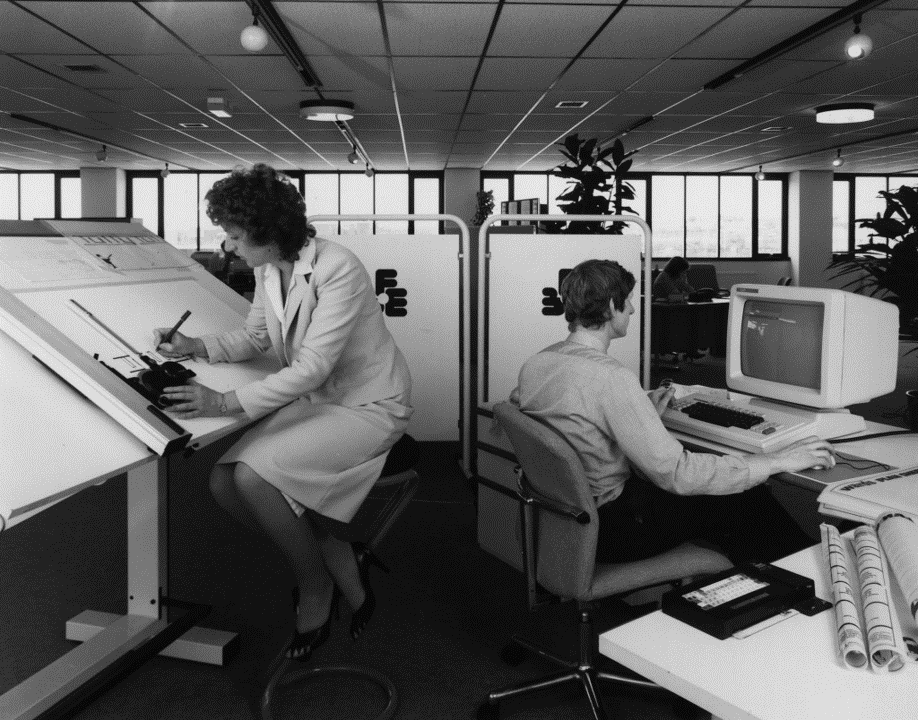The subject of communications strategies is never too far away from a conversation involving industry colleagues. Here’s a smart 7-step guide to creating one which could work for you.
by Louisa Dean
I’ve seen a lot of chat on twitter recently about evaluation and how important it is but also comms peeps saying how difficult it is to find the time to produce strategies, plans and then evaluate against them.
I remember just over two years ago when a friend asked me what my priorities were at work. I couldn’t answer him. I knew I had lots to do but there was no strategy or plan just reactive firefighting. I felt slightly embarrassed, I knew we had work to do and we’ve been on a bit of a journey since (I hate that word, sounds like I have been on X Factor, but it has been). I wanted to share my journey with all those who think they don’t have time to do the planning and why I think it is important.
Here are my seven steps to changing the way you do comms, finding the time to do it and getting the results you deserve.
Step one – Get the right team in place
We reorganised the comms team with the aim of freeing up important time to sit down and plan what we wanted to focus on. We employed a senior comms officer, Maddie Pinkham, who helped take the pressure off me. She also had a different skill set to me which added value to a team of ex-journalists. I appreciate not everyone can do that but think about what everyone is doing and find ways to block out an hour away from the office so you can think.
Step two – Decide what you are communicating
We have a council plan with six key objectives and these things are what are important to us. So that’s what the comms team should and does focus on. We also carried out a residents’ survey last year, so we know from that what our residents think is most important.
Step three – get a plan and stick to it
The comms team developed a strategy and a plan on the page which sets out what we were going to communicate and what our message will be - this was signed off by our cabinet.
Step four – Brainstorm
We produce a monthly comms campaign that matches our six key objectives. The comms team brainstorm what we are going to promote based on cabinet/council decisions as well as keeping on top of business as usual.
Step five – Get all your comms in a row
Again, this is an hour away from the office to write down what we are going to do and how. We have a set template for communication plans, so councillors and officers recognise what we are producing each month. We tie up internal, external, social media, website, and monthly email newsletter into the campaign, so it all follows the same theme and there is a consistent message.
Step six – Remember to react
It’s great having a plan, we know what we are doing, and we plan two months in advance, but you still must react to emerging issues. By planning our time effectively, we can still react to emerging issues even though we have a small team.
Step seven – Evaluate
This is so important. You need to know what worked well and want didn’t. If it didn’t work this time, could it work next time under a different campaign with a different message? Without this step we are not completing the planning cycle.
We’ve seen a real difference in our comms work with higher engagement on social media, high click rates on our newsletters, and overall there is a more focused, coherent message across all of our activities..
Average engagement rates on our social media channels up by 7%
Our followers on both Twitter and Facebook grow every month and are up by 3k across both channels in the last year
We have 45% click rate on our newsletter with over 20k residents receiving news from us in this format.
On one recent campaign we saw average engagement rates of 22% on Facebook, during the campaign, and we have seen a 27% increase in people reporting potholes online compared to the same time last year.
We still have more to learn but the change in the team is incredible and one that I am proud of. And I have seen a change in me too - it took some time, but this is a method I believe in and I know it works. I am now mentoring a colleague in another council to help them implement a similar system. So, that conversation of two years ago, whilst I may have been embarrassed at the time I’m certainly not now.
Louisa Dean is communications manager at the Royal Borough of Windsor and Maidenhead and you can say hello to her on Twitter at @LouisaDean23
Image via Tyne and Wear Archives and Museum

